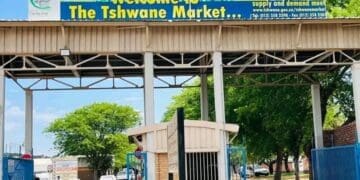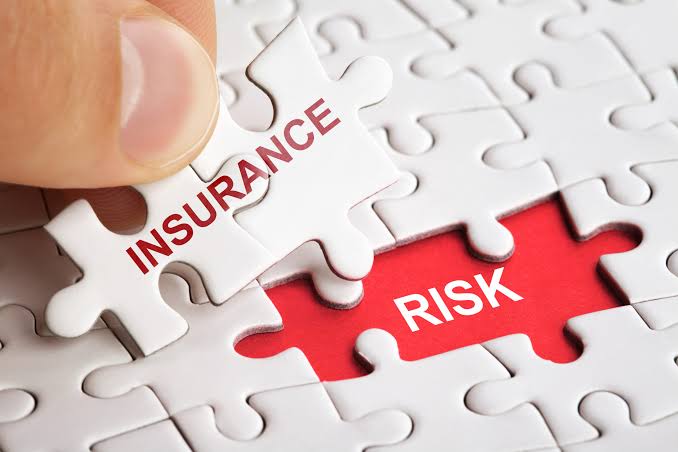“One fire, one robbery, one cyberattack—that’s all it takes to shut down a small business for good,” warns Thabo Twalo, Chief Underwriting Officer at Santam Broker Solutions.
“Although attacks on large corporations may make the headlines, it’s the frequent attacks on smaller businesses that is more concerning,” he added.
Despite contributing up to 40% of the country’s GDP, nearly 70% of SMMEs remain uninsured, according to the Small Business Institute. Most cite high costs, complex policies or lack of awareness.
“We don’t have money to pay for insurance as the business is not making enough yet,” said Lihle Ngwane, who owns Puno AgroFoods.
Similarly, Sipho Mavunda, who runs a mobile car wash in Mankweng in Limpopo, said he has never spoken to an insurance provider.
“I don’t know how it works. No one has come to explain it to us. But every week, I worry that someone might steal my equipment.”
In rural provinces, agribusinesses face a double threat—unpredictable weather and crime.
Mpho Mence, a Sustainable Agriculture Analyst at Green Cape, said the insurance gap in the sector was dangerous.
“Farmers and agri-SMMEs are the most exposed. A single hailstorm or livestock theft can wipe out months of income,” she said.
“Without insurance, most smallholder farmers can’t even recover. Risk mitigation through insurance is important to ensure food security and rural employment.”
Mence said weather index insurance, asset insurance and drought protection were now available. However, very few SMMEs in agriculture were taking them up.
While cybercrime is gaining attention—especially after IBM reported that data breach costs in South Africa hit R53.1 million in 2024—it’s not the only threat that small businesses face. Many are impacted by more immediate and physical crimes.
Frequent theft and burglary cause major losses, especially for spaza shops. Arson and vandalism during protests damage property in informal and urban areas, while car hijackings disrupt operations and fires destroy uninsured businesses.
“Crime is not just a security concern, it’s a business killer,” said Nomsa Dlamini, an independent insurance broker in Soweto.
“I’ve seen small salons, shops, and tuckshops lose everything overnight with no financial backup. It’s heartbreaking.”
Digital crime is also catching up.
“South Africa is a hotspot for cybercrime. Identity theft, phishing scams, and ransomware,” Twalo warned.
But most small businesses still believed “it won’t happen to me”.
Twalo highlighted that only 26% of commercial businesses have cybercrime coverage despite the risks. He urged entrepreneurs to take cybersecurity as seriously as they do alarms or locks.
“Cyberattacks on SMMEs are increasing because hackers know they’re easy targets. It’s not just about big banks anymore.”
Azwi@vutivibusiness.co.za































































